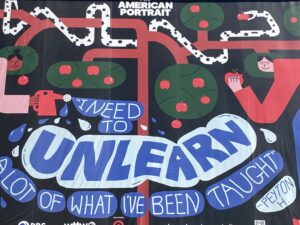Everyone wishes for higher intelligence. Like beauty and fitness, it’s another quality everybody seems to want. But at some point in life, most people accept what they have and just plow ahead. This sense of defined limits comes from grades, standardized tests, performance evaluations, and chosen pathways reinforced throughout life in competitive comparison. Because of this, attitudes toward intelligence become a perfect set-up enhancement marketing. Rarely is the definition of intelligence questioned, even though the concept is extremely murky. Instead, what gets advanced is the hope of salvation, supplement, addition, or replacement of native functioning, these days offered in a dizzying array of methods, tricks, and technologies. Memory boosting supplements like Brainmentin and Optimind flood the consumer market, often pitched to aging baby-boomers.
 Students drink Red Bull or acquire ADD-drugs to study for tests. Exercise and nutritional products promise sharper thinking through purportedly “natural” means. Dig a little further, and one finds unexamined values in intelligence discourse, which privilege reasoning and memory over just about anything else. Important as such traits may be, alone they can’t account for many and diverse ways people navigate their lives, adapt to changing circumstances, or act in creative ways.
Students drink Red Bull or acquire ADD-drugs to study for tests. Exercise and nutritional products promise sharper thinking through purportedly “natural” means. Dig a little further, and one finds unexamined values in intelligence discourse, which privilege reasoning and memory over just about anything else. Important as such traits may be, alone they can’t account for many and diverse ways people navigate their lives, adapt to changing circumstances, or act in creative ways.
So, what is intelligence? The Cambridge Dictionary says it’s the “ability to understand and learn well, and to form judgments and opinions based on reason.” Most other sources say roughly the same thing. Yet people who study intelligence argue that single definitions just won’t do. There simply are too many variables that go into “intelligent” thinking and behavior –– among them cognition, capacity, context, experience, emotion, orientation, language, memory, motivation, and overall physical health. Continue reading “Never Smart Enough”

